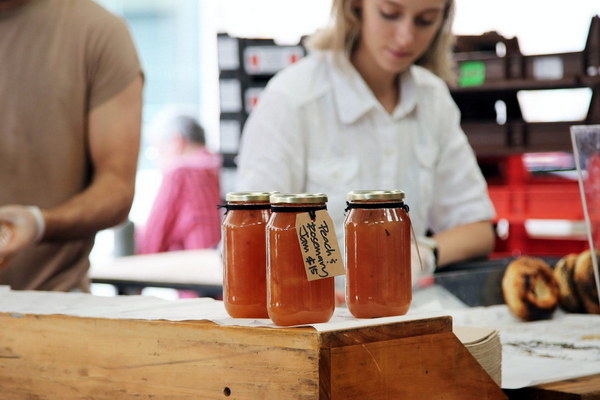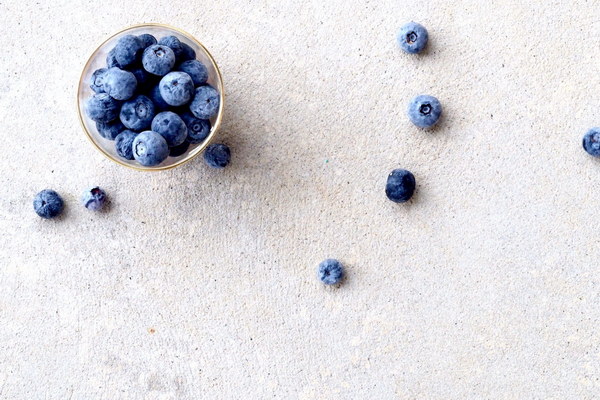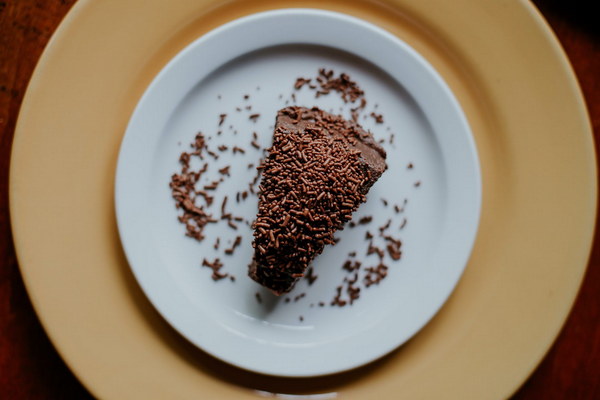Top Herbs for Removing Dampness from the Body A Comprehensive Guide
Introduction:
Dampness in the body is a common issue in traditional Chinese medicine (TCM), where it refers to the accumulation of dampness in the body, leading to various health problems. In this article, we will explore some of the most effective herbs for removing dampness from the body, as recommended by TCM experts.
1. Astragalus (Huang Qi)
Astragalus is a well-known herb in TCM, known for its immune-boosting properties. It is also effective in removing dampness from the body. This herb can be taken in the form of capsules, tea, or powder. It helps to strengthen the spleen and improve digestion, which in turn helps in eliminating dampness.
2. Poria (Fu Ling)
Poria is a versatile herb that is often used in combination with other herbs to remove dampness. It has a sweet and neutral taste, making it suitable for a wide range of body types. Poria is believed to have diuretic properties, which help in removing excess moisture from the body. It can be used in the form of tea or added to soups.
3. Atractylodes (Cang Zhu)

Atractylodes is a commonly used herb in TCM to treat dampness-related conditions. It has a sweet and warm taste, making it effective in resolving dampness and cold symptoms. This herb helps to strengthen the spleen, improve digestion, and promote the flow of Qi (vital energy). It can be consumed in the form of tea or as a cooked herb in soups.
4. Cinnamon (Rou Gui)
Cinnamon is a popular spice, but it also has medicinal properties in TCM. It is known for its warming effect on the body, which helps in removing dampness. Cinnamon can be used in the form of tea or added to soups and stews. It is especially beneficial for those with cold hands and feet, as it helps to improve circulation.
5. Licorice (Gan Cao)
Licorice is a commonly used herb in TCM, known for its ability to harmonize the body's Yin and Yang. It is also effective in removing dampness. Licorice can be consumed in the form of tea or added to soups. It helps to balance the body's energy and improve overall health.
6. Alisma (Zexie)
Alisma is a herb that is particularly effective in removing dampness from the lower body, such as the legs and feet. It has a sweet and cold taste, which helps to drain dampness and reduce swelling. Alisma can be consumed in the form of tea or added to soups.
7. Hoelen (Jie Geng)
Hoelen is a versatile herb that is often used in combination with other herbs to treat dampness-related conditions. It has a sweet and slightly bitter taste, making it suitable for various body types. Hoelen helps to drain dampness and improve digestion. It can be consumed in the form of tea or added to soups.
Conclusion:
Removing dampness from the body is essential for maintaining good health in TCM. By incorporating these herbs into your diet, you can help eliminate dampness and improve your overall well-being. However, it is important to consult with a TCM practitioner before starting any herbal treatment, as they can provide personalized advice based on your individual needs.









